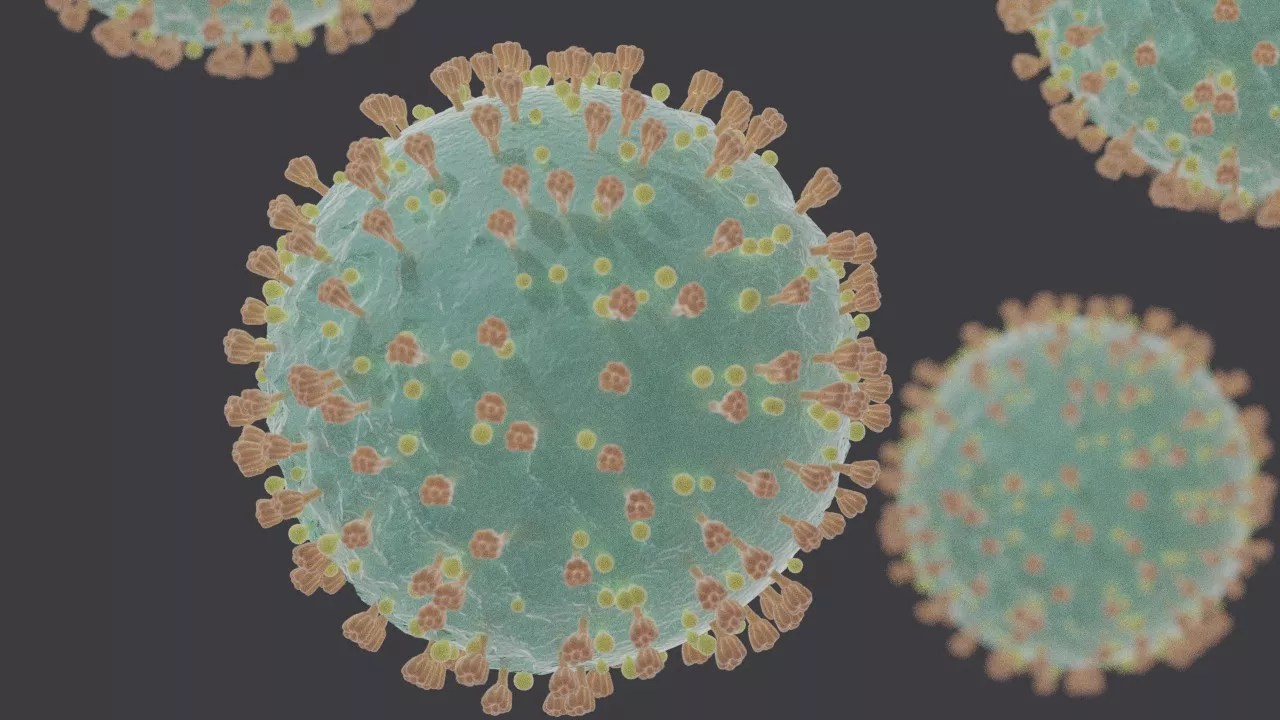
Wiki Commons

Audio By Carbonatix
If you’re older than 12 and test positive for COVID-19, you most likely qualify to receive monoclonal antibody treatment on Texas’ dime.
For most, the largest barrier to getting the early-stage COVID-19 treatment has been knowing that it exists at all, according to a CNN report published last week.
In Texas, Gov. Greg Abbott received the treatment after he tested positive for the coronavirus in August. The governor encouraged all eligible Texans with COVID-19 to do the same.
After clinical studies found that the treatment drastically reduces the risk of hospitalization or death from COVID-19 for those with underlying conditions, the Food and Drug Administration approved it for emergency use in November 2020.
The federal government began shipping doses to public and private healthcare providers across the country soon after. In Texas, state leaders and health officials had opened 11 “infusion centers” across the state by January. Texans over 55 with certain health conditions could show up to these centers and receive a dose of monoclonal antibodies free of charge.
Amid another surge in cases in January, state leaders and health officials decried how little the treatment was being promoted. But as case numbers fell during February and March, officials closed nearly all mass-infusion centers or turned them over to local providers. By June, Texas providers were receiving less than 2,000 doses per month in total.
The federal government lowered the age requirement from 55 to 12 and created new weight criteria in May. Around three quarters of Texans became eligible for the treatment under the new guidelines.
As yet another deadly surge began in mid-July, Texas began reopening its public infusion centers.
“This is a very effective intervention for COVID-19. It is underutilized.” – Anthony Fauci, chief medical advisor to president
Despite these efforts, though, state governments and healthcare providers in Texas and across the country failed to adequately educate the public and the medical community about the treatment, according to CNN’s investigation.
“It’s unconscionable,” Dr. Peter Chin-Hong, an infectious disease expert and professor at the UCSF School of Medicine, told CNN. “We have an evidence-based drug, and it’s provided free by the government, but there are barriers built into the system to get it.”
Officials at major hospital systems across the U.S. blamed low treatment rates on staffing shortages, according to the investigation. In Texas, many have paid hundreds of dollars to receive the treatment from private providers because they were unaware of the state facilities, an employee at a North Texas infusion center told the Observer.
Speaking to CNN, an American Hospital Association spokesperson blamed the time and equipment required to administer monoclonal antibodies for low administration rates.
“There is much more that goes into the treatment than just the infusion or shots themselves,” the association official said, adding that many hospitals are facing severe staffing shortages.
“These treatments also require the right kinds of equipment, including infusion pumps, IV bags, seating areas for patients,” the spokesperson added. “You also need qualified staff to check patients in, deliver the infusions or shots, monitor for side effects, etc.”
When patients with COVID-19 come in for antibodies, “hospitals have to take extra care to ensure they have spaces that minimize the chance of non-COVID patients being exposed. Those spaces also need appropriate ventilation and the staff working with them need the right [personal protection equipment],” the association spokesperson noted.
Dr. Anthony Fauci implored doctors and patients alike to make better use of the treatment in an August White House briefing. “This is a very effective intervention for COVID-19. It is underutilized,” he said.
Texas is still working to expand monoclonal antibody treatments, even as case numbers started falling in recent weeks. There are currently 24 state-sponsored infusion centers open for walk-ins. Two of them are in Dallas-Fort Worth area and are open for walk-ins 8 a.m. to 6 p.m. daily.